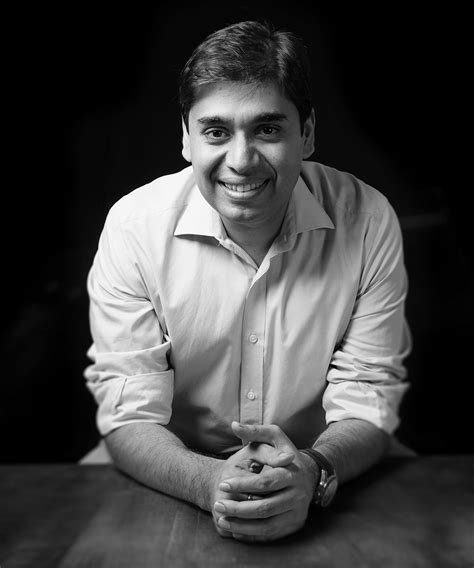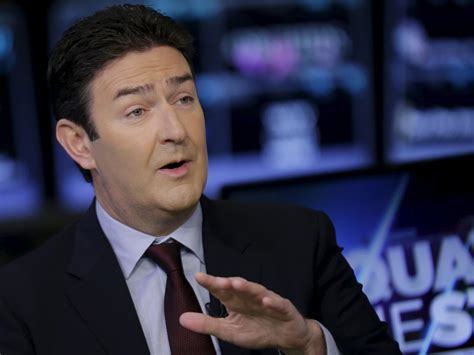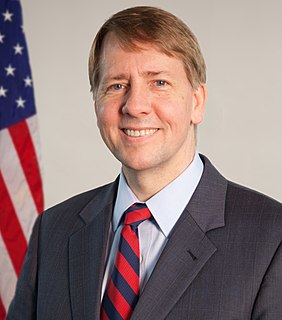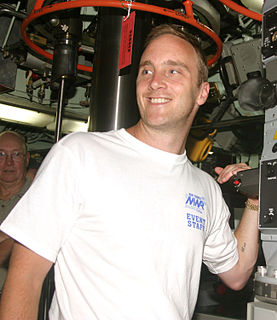A Quote by Naveen Tewari
I eventually think its going to be the consumer who controls his own data.
Related Quotes
Chunking is the ability of the brain to learn from data you take in, without having to go back and access or think about all that data every time. As a kid learning how to ride a bike, for instance, you have to think about everything you're doing. You're brain is taking in all that data, and constantly putting it together, seeing patterns, and chunking them together at a higher level. So eventually, when you get on a bike, your brain doesn't have to think about how to ride a bike anymore. You've chunked bike riding.
The only leverage the manufacturer can apply to the retailer is his relationship with the consumer. And the main element in profit growth is going to have to lie in making his brand more valuable to the retailer, through its being more valuable to the consumer. And that means his brand must be unique, it must have no adequate direct substitutes - because it is in this, after all, that value lies.
Basically, if you want to have a computer system that could pass the Turing test, it as a machine is going to have to be able to self-reference and use its own experience and the sense data that it's taking in to basically create its own understanding of the world and use that as a reference point for all new sense data that's coming in to it.
When we look at Huawei and ZTE, there are significant indicators that - because of Huawei's close relationship with the Chinese military and Chinese intelligence, the use of Huawei technologies could create backdoors for areas of access to consumer data or company data that we would find unacceptable.



































